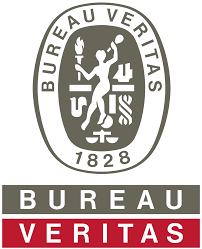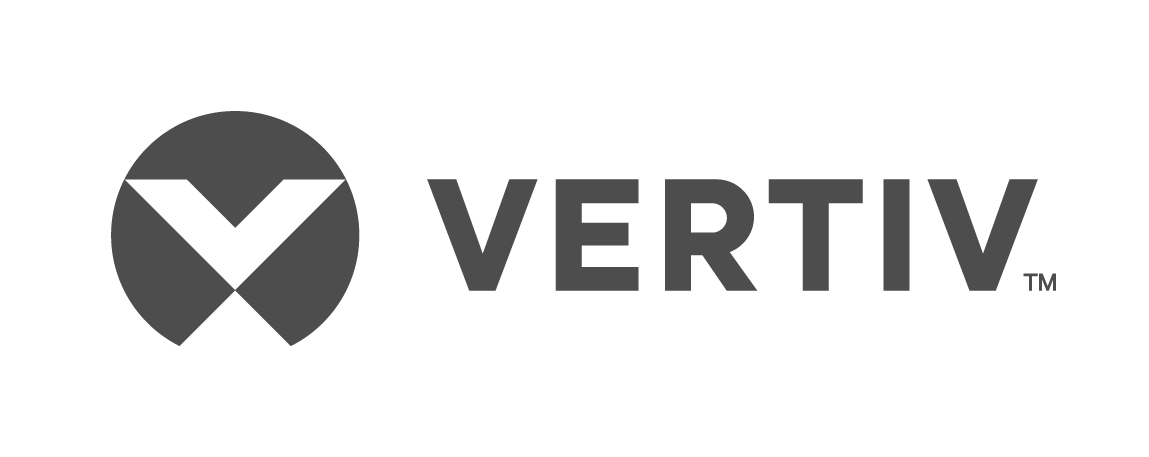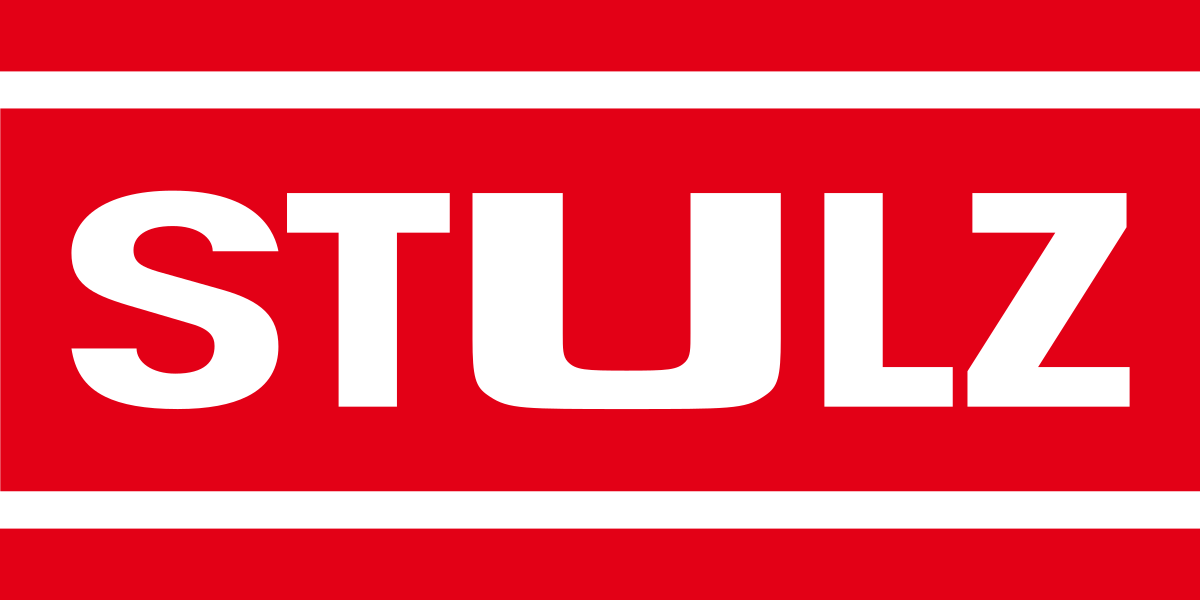Be part of creating the first Open Data Hub for the digital industry
Realizing a sustainable digital economy requires collaboration across industry boundaries, with shared goals, a shared roadmap, and transparency on key sustainability indicators. With the Open Data Hub, the Sustainable Digital Infrastructure Alliance is creating a first-of-its-kind platform to report and measure progress toward a sustainable digital future.
The Digital Industry's Open Data Platform
A trustworthy platform to ensure reliable measurements of key sustainability metrics
A reporting system for the digital industry to show progress on transitioning to a sustainable sector
Enabling collaboration across industry boundaries while respecting commercially sensitive information
How you can get involved
Share your expertise
Join our Steering Groups, which are shaping the specification of the Open Data Hub
Support the platform's development
Become one of the first test users
Shape the platform
Offer financial or work contributions
Spread our message
Become an Ambassador for the platform
Industry Ambassadors of the Open Data Hub

Right now we are not aware of our digital footprint. And this, at the end of the day, along with climate change, the 1.5-degree target, and the energy transition are really the largest challenges that we need to face within the next years. The SDIA Open Data Hub initiative is the only way, from my point of view, to go one step further to bring things together, open up the black box, and establish an industry that is much more transparent to lay the base for needed development on top of it.
Harry Knopf, CEO of High Knowledge GmbH
Ready to give your support?
Frequently Asked Questions
When will the Open Data Hub be available?
The launch of the first version of the Open Data Hub is scheduled for the start of 2022, testing its functionality by only collecting and storing data. In the meantime, SDIA members can sign up for our Call to Action in the Member Bulletin. After signing up, we will keep you updated on our progress and reach out to collect your input on the development of the Open Data Hub, while non-members can reach out to us to stay updated or become a partner.
What data will be collected?
Within the Open Data Hub, we will only collect the data that the participants are able and willing to share. By design, the Open Data hub will protect business-critical data, anonymizing and aggregating data instead of revealing single actors as the source of the data. This way, even if products or infrastructure may not yet be sustainable, companies can still contribute their data, knowing their identity is protected.
Our goal is to measure at least those metrics that we have defined within our Roadmap. Therefore, we have developed a data model that accumulates and illustrates the relevant data that we want to collect. This data model will be refined by discussions with participating members of the Open Data Hub.
Basically, the data can be divided into three categories: collected data (e.g., kilowatt-hours (kWh) from the various energy-related systems within the data center or temperature from sensors), assessment data (e.g., embedded emissions), and calculated data (e.g., carbon dioxide equivalent (CO2eq) of energy consumption).
Our goal is to measure at least those metrics that we have defined within our Roadmap. Therefore, we have developed a data model that accumulates and illustrates the relevant data that we want to collect. This data model will be refined by discussions with participating members of the Open Data Hub.
Basically, the data can be divided into three categories: collected data (e.g., kilowatt-hours (kWh) from the various energy-related systems within the data center or temperature from sensors), assessment data (e.g., embedded emissions), and calculated data (e.g., carbon dioxide equivalent (CO2eq) of energy consumption).
What data will be published?
Publishing the data will be a key element of the Open Data Hub since it will catalyze innovation toward a sustainable digital economy, support researchers, and help governments craft effective, inclusive, and data-driven regulation and policy. The shared data, however, will be aggregated and anonymized before it is being published to prevent sensitive data from being leaked. Therefore, we will develop a detailed privacy policy together with participating members.
What features will the Open Data Hub grow to include?
As for every software development project, the functionality will increase with the maturity of the product. In the beginning, the Open Data Hub will be tested via its functionality. This means that it will have very basic features (e.g., collecting and storing the data safely from a data center infrastructure management (DCIM) system on the Open Data Hub, a simple dashboard with the data that you selected, etc.).
With time, the dashboard will be improved, which will enable you to see your real-time performance and receive benchmarking data. We will include anonymized and aggregated datasets for the research community as well, which will catalyze innovation.
As a final improvement, we see the data management and compliance tools. Those tools automatically generate compliance reports and benchmark against industry averages, allowing you to plan your strategy based on numbers. Out of this final improvement, it is likely that new service and business models for co-location operators and IT service providers will emerge.
With time, the dashboard will be improved, which will enable you to see your real-time performance and receive benchmarking data. We will include anonymized and aggregated datasets for the research community as well, which will catalyze innovation.
As a final improvement, we see the data management and compliance tools. Those tools automatically generate compliance reports and benchmark against industry averages, allowing you to plan your strategy based on numbers. Out of this final improvement, it is likely that new service and business models for co-location operators and IT service providers will emerge.
What is a Data Hub Ambassador?
As an Open Data Hub Ambassador, an individual instructed and approved by SDIA, you will spread and advertise the idea of an Open Data Hub across your network. You will help to create a network of leads that we can talk to and create awareness and trust for the Open Data Hub. As a result, it will help us pave the way for the successful implementation of the first Open Data Hub of the digital economy.
Supporters of the Open Data Hub







